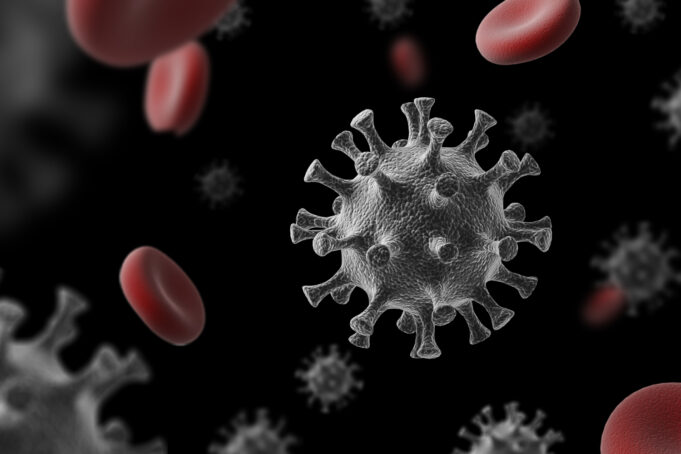In the realm of public health, wastewater testing has emerged as a cutting-edge tool, offering unparalleled insights into community health dynamics. As water treatment professionals, staying abreast of these developments is crucial—not just for compliance, but for the significant impact you can have on public health.
Early Warning for Disease Outbreaks
Traditionally, wastewater testing focused on identifying pollutants and ensuring water safety standards. However, the scope has broadened dramatically. Modern techniques now allow for the detection of viruses, pharmaceuticals, and other biomarkers, providing real-time data on the prevalence of diseases, drug use, and even metabolic conditions within a community.
With this information, we can detect outbreaks of COVID-19, influenza, and even emerging threats like mpox, often before traditional clinical testing catches up. These early warnings allow public health officials to:
- Deploy targeted interventions: Focus resources on areas with rising viral levels, prioritizing testing and vaccination efforts.
- Track trends: Monitor the ebb and flow of disease activity, informing public health messaging and resource allocation.
- Identify emerging variants: Advanced wastewater testing can detect specific viral signatures, providing a heads-up on new variants circulating in the community.
Practical Applications for Water Professionals
Now, how can your water treatment expertise contribute? Here are some ways to get involved:
- Collaboration is Key: Partner with public health agencies to establish robust wastewater sampling protocols and data analysis pipelines. Establish a communication pipeline to share findings and coordinate response strategies. Your data can be vital for public health surveillance and intervention planning.
- Plant Optimization: Consider wastewater treatment upgrades to concentrate viral particles for more sensitive detection. Ensure your facility is equipped with the latest genomic sequencing tools and PCR technology to detect a wide range of pathogens and biomarkers.
- Community Outreach: Help educate the public about the importance of wastewater testing and its role in safeguarding public health.
- Invest in the Future: Regularly update your team’s skills through workshops and certifications on the latest testing methodologies and public health implications.
The Future of Wastewater Testing
Looking ahead, wastewater testing will likely play a critical role in monitoring antibiotic resistance, the spread of new viral strains, and overall community health trends. By adopting these advanced practices, water treatment professionals not only enhance their operational efficacy but also contribute significantly to safeguarding public health.
Embrace these innovations and position your facility at the forefront of public health defense. The data flowing through your systems is more than just wastewater—it’s a reservoir of vital health information waiting to be tapped.





